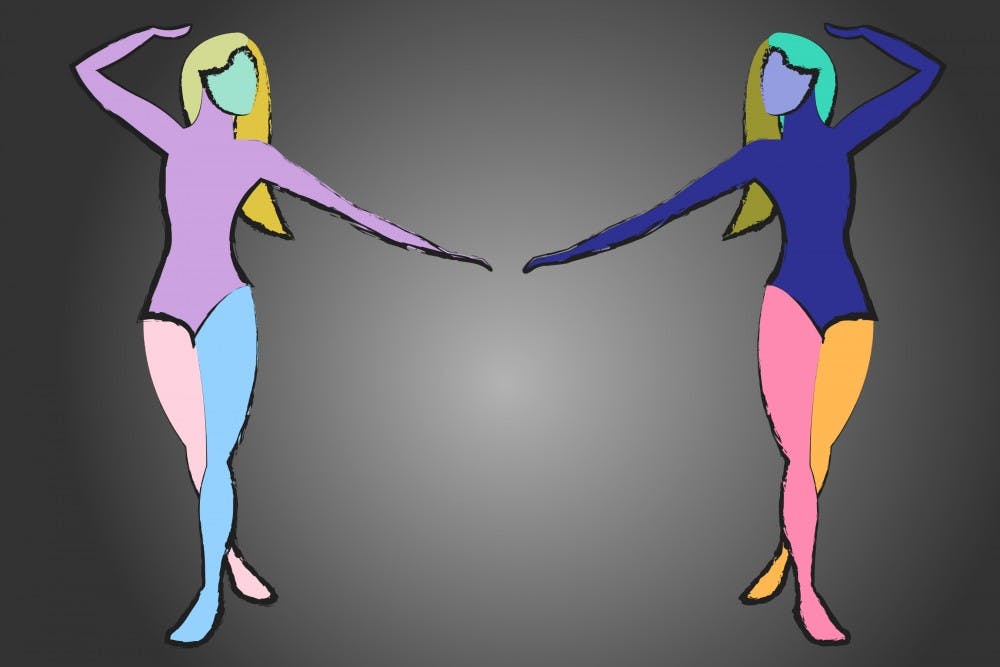Bodies do some pretty astonishing things. Everything from love to sex to reproduction is such a personal experience, and each experience means a different thing to each person. It is extraordinary when you consider all the experiences your body has allowed you to have and will allow you to have.
However, in order to understand these magnificent experiences, we need to gain a better understanding about our bodies as a whole. This will allow us to create and facilitate healthy sexual experiences and make healthy decisions about our bodies.
Sexual education does not stop at high school or middle school, it should continue in college. ASU provides STI testing to students, but not much is provided for students who do not have extensive sexual education. Of the programs provided at ASU, most are centered around sexual assault and not exactly sexual health.
Educating yourself about your body can include anything from reading about your anatomy to sexual exploration. It's a personal learning experience, and it's up to you to decide how you do it and with whom you share it.
Many people believe that their bodies are too complex and intricate that they are impossible to understand without a medical degree.
For example, it’s a common expectation for women to orgasm via penetration alone, when in fact this is only possible for 25 percent of women. Similarly, many people do not know that men have a G-spot. There countless other misconceptions about anatomy and sexuality that can curb positive sexual experiences.
It's exceptionally important to learn about our bodies. We can’t expect to have good sex lives if we do not understand how our bodies function.
Knowing and understanding one’s body can be really overwhelming and difficult for some. A lot of people are very reserved when it comes to sex, which is completely okay.
However, it’s important to note that sex is a major facet of life. Becoming more comfortable with your sexuality by understanding and learning about your body can create positive sexual experiences and positive body image. If we learn about our bodies we can get rid of common misconceptions and construct healthier expectations.
"'Normal' has a wide range of possibilities," Dr. David Glassman, an OB/GYN and member of the Phoenix OB/GYN Society, said. "Having knowledge of your body plays a role in feeling comfortable with yourself and (your) sexuality as well."
Every person’s body is different. We can more easily celebrate this by learning about our bodies and understanding that our bodies do not have to look a certain way.
This will ultimately lead to more accepting and loving attitudes toward ourselves. Having a healthy body image will positively influence every aspect of your life — including sex.
If we know our bodies, we can learn what feels good. This will enable us to communicate more effectively with our partners. As a result, we can develop healthier sexual relationships in which each partner feels fulfilled.
"As time has gone on sexuality has opened up a lot and has become more acceptable. People are much more comfortable talking about it. The more you know and understand the safer (your experiences) will be," Glassman said.
Educating ourselves on this subject will also teach us about sexual experiences we do not feel comfortable with. This will allow us to prepare for when these situations arise, so that we can make healthy decisions and be able to accurately give and receive consent.
Learning and exploring our bodies will allow us to foster healthier body images, healthier sex lives and healthier relationships.By understanding ourselves and how our bodies work we can begin to construct more fulfilling lives and experiences as a whole.
Reach the columnist at sljorda4@asu.edu or follow @skyjordan4 on Twitter.
Editor’s note: The opinions presented in this column are the author’s and do not imply any endorsement from The State Press or its editors.
Want to join the conversation? Send an email to opiniondesk.statepress@gmail.com. Keep letters under 500 words and be sure to include your university affiliation. Anonymity will not be granted.
Like The State Press on Facebook and follow @statepress on Twitter.




